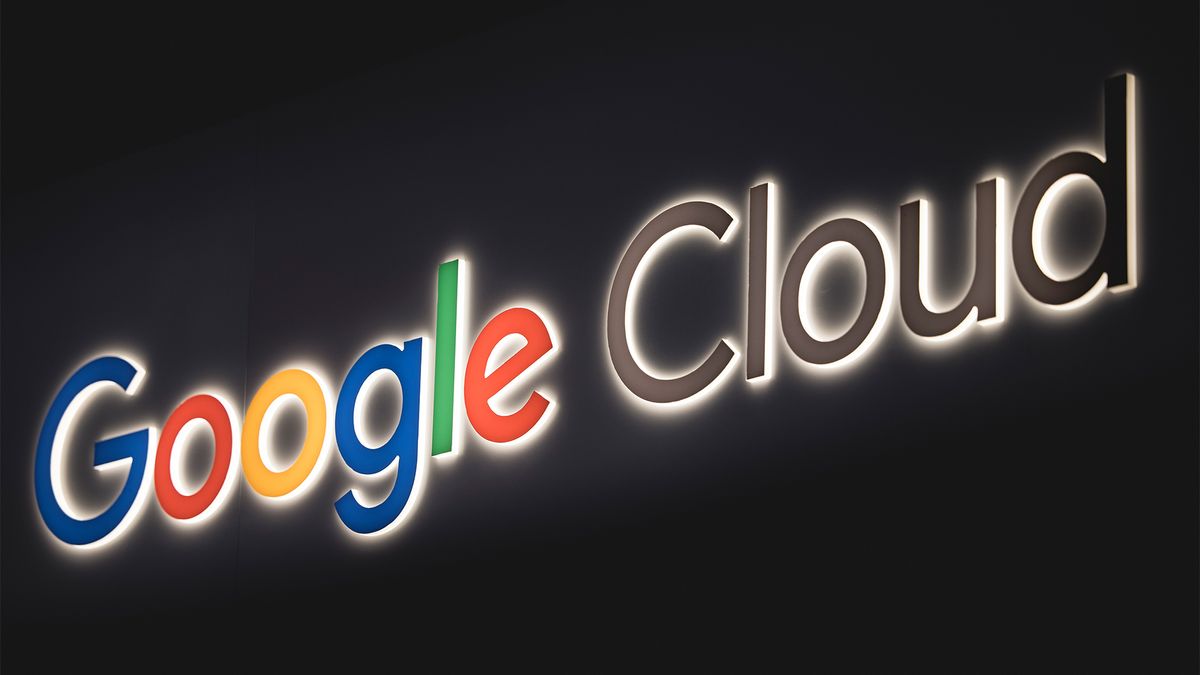Google Cloud claims first ROI on AI Agents approach – but is it enough to beat the competition?

Google Cloud has announced a range of new enterprise AI offerings, alongside the successful implementation of its existing AI agents for productivity and security gains across its enterprise suite.
Organizations looking to streamline their customer-facing operations using generative AI now have a dedicated suite for this within Google Cloud, dubbed Customer Engagement Suite with Google AI.
This end-to-end application combines Google’s Gemini 1.5 Flash, its lightweight and low-latency multimodal model, with an omnichannel contact center as a service (CCaaS) offering.
The result is a central platform through which customer service workers can manage turnkey conversational agents, ‘generative knowledge assist’ which prompts customer service workers with information based on the ongoing conversation, and ‘smart reply’ which gives suggested responses to give to customers.
Customer Engagement Suite with Google AI is compatible with web interfaces, telephones, or a company’s customer relationship management (CRM) system of choice. It also comes with native analytics in the form of Conversational Insights, a feature that can automatically score customer interactions to assist with quality assurance.
Speaking on a livestream from the Gemini at Work global event, Google Cloud CEO Thomas Kurian gave the example of a customer trading in a phone to their cell carrier and being able to upload an image of their device via a web chat.
This is then automatically verified for cosmetic damage by a customer agent who can provide a quote according to company policy.
“Our platform can be grounded to provide the highest accuracy, in addition to simply retrieving accurate results from operational systems,” said Kurian.
All of this can be connected with any customer service application, whether it’s a SaaS application like Salesforce, ServiceNow, SAP, Microsoft Dynamics, Oracle, or even an on premises application.”
Bell Canada was cited as an example of Customer Engagement Suite success, having saved $20 million using customer agents already.
“We launched the first Google-AI-powered Infobot in Canada, offering instant answers to customer questions and directing them to self-serve options and links,” said Mirko Bibic, CEO at Bell Canada, in an earnings call cited by Google.
“Our implementation of the full Google call center AI platform is a world first for a contact center of this scale. The virtual assistant we’ve implemented, first for Lucky Mobile Chat and now for our Bell and Virgin brands, has resulted in over 1.1 million virtual assistant interactions year-to-date across the three brands.”
New announcements for Google Cloud’s AI roster include security advisor, a new toolkit for cyber attacks which will be rolled out to all Workspace Business edition subscribers. It takes the form of a natural language interface which can answer complex and business-specific security questions.
Kurian gave five core use cases for security agents:
- Summarizing ongoing cases in natural language, so that customers can understand how threats are being dealt with.
- Research and analysis into the current threat landscape and relating these to the current attack surface of one’s enterprise.
- Providing recommendations on the next steps to shore up defenses against threats.
- Generating queries in security-specific schema like Exact Data Match (EDM).
- Creating new rules and playbooks to prevent further incidents.
Kurian noted that the financial services company Fiserv is one of a number of customers using Gemini in Security Operations to summarize threat reports, detect new threats, and speed up its overall response to security incidents.
Overall, Google Cloud said that it’s seen an 11x increase in the number of security operations performed in the last 12 months, with 3x the amount of enterprise data ingested in the name of AI security.
Outside of the products it launched during the livestream, Google Cloud highlighted some custom AI solutions its customers have built using its AI agent ecosystem. For example, Warner Bros. Discovery worked with the firm to produce ‘caption AI’, a solution grounded in Vertex AI that automatically generates captions for TV content.
Warner Bros. Discovery said the tool, which still requires manual oversight for fine-tuning captions before they’re shown to viewers, has reduced the time it takes to produce captions for a typical 30-minute episode of TV from four hours to around an hour and unlocked an overall reduction of 80% across all media.
The year AI became ‘agentic’
Google first announced AI Agents at its annual conference Google Cloud Next 2024 in April 2024. At the time, it emphasized the degree to which enterprises could customize agents to perform specific tasks within their business workflows and explained that multimodal AI – enabled by its large language model (LLM) Gemini 1.5 Pro – was integral to the process.
Nearly six months on, Google is vying for space in the ‘agentic’ AI space. Microsoft recently announced Copilot agents for 365 Copilot, through which businesses can automate tasks and create custom chatbots that are grounded in their enterprise data.
Salesforce also placed great emphasis on the importance of agents at Dreamforce 2024, promising that its new service Agentforce – which similarly allows customers to build agents that can automate complex enterprise tasks – could help deliver AI as it was “always meant to be”.
Where Google and Microsoft have leaned into their extensive enterprise productivity suites to stress the convenience of adopting their AI agents, Salesforce has instead stressed its open-ended, walled garden approach as offering customers real choice and security.
Google’s announcements yesterday show that customers are already finding value in its AI offerings. While we’ve seen multiple examples of competing services like Microsoft Copilot delivering value for customers such as Virgin Atlantic, these gains have largely been realized as efficiency improvements in a traditional productivity sense.
On the other hand, ‘agentic’ AI, carries the potential to automate tasks entirely, rather than simply offer suggestions or first drafts to human users in a side panel. And it’s taking off: Kurian said that 75% of the leading independent software vendors (ISVs) in the world are already creating agents within Google Cloud to support their business functions.
Much of Google Cloud’s livestream focused on the individual benefits customers have already realized through the company’s AI agents – and the stats are undeniable.
But it’s yet to set out what precisely sets its offering aside from that of the competition and it will only be a matter of time before Microsoft, Salesforce, and others are spouting similar figures in relation to their own AI agents.
While ROI may finally be on the cards for those enterprises who bought into generative AI last year, none of the hyperscalers have yet offered a killer app that makes their product an absolute must-buy over the rest.
Source link







